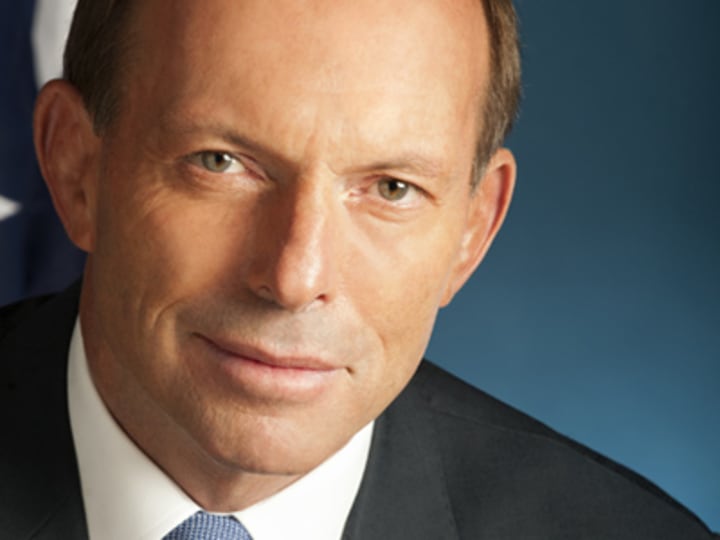
Aid advocates and NGOs blasted the Australian opposition after it proposed on Thursday huge cuts on foreign aid just two days before a national election.
Shadow treasurer Joe Hockey announced that if they get elected, a Coalition government led by Tony Abbott will slash AU$4.5 billion from the official development assistance budget over the next three years and remove a deadline to increase aid spending to 0.5 percent of gross national income, a target that Australia had previously committed to under the Millennium Development Goals by 2015.
Hockey told reporters that “it is unsustainable to continue massive projected growth in foreign aid funding” while the country’s economy is not growing as fast as it should, and added that Australia needs a stronger economy “so that it can be more generous in the future.”
The announcement came as a shock for foreign aid advocates like the Micah Challenge coalition, whose national coordinator called the cuts “a broken promise to the global poor” and estimated Australia will reduce its foreign aid spend from 0.37 percent to 0.32 percent of GNI over the next four years.
Supported by the Australian Council for International Development, the Micah Challenge and other groups asked Abbott — currently ahead in the polls over incumbent prime minister Kevin Rudd — to keep his commitment to the 0.5 percent target. A spokesman told over 3,000 people on Sydney’s iconic Manly Beach that he would, but again refused to give a deadline.
UNICEF Australia CEO Norman Gillespie commented that both Abbott and Rudd failed to listen to the voters, and disagreed that the country’s economy cannot afford more foreign aid funding, while World Vision Australia chief commented that “this decision has wiped out a generation of youth idealism, and broken the hearts of Australians who dare to care about people beyond our borders” and lamented how the Coalition and Labor have changed their mind on foreign aid only 18 months after promising to reach the 0.5 percent of GNI target.
Australia — one of the world’s top donors in total amount of ODA but not as a percentage of GNI — is set for a national election on Saturday.
Under former prime minister Julia Gillard, the government first promised to reach that target in 2015, but then delayed it to 2016 last year, and finally to 2017 in May. Rudd, who replaced Gillard in June, was considered to be a staunch foreign aid supporter but surprised voters by cutting ODA to pay for resettling asylum seekers in Papua New Guinea.
Read more development aid news online, and subscribe to The Development Newswire to receive top international development headlines from the world’s leading donors, news sources and opinion leaders — emailed to you FREE every business day.
